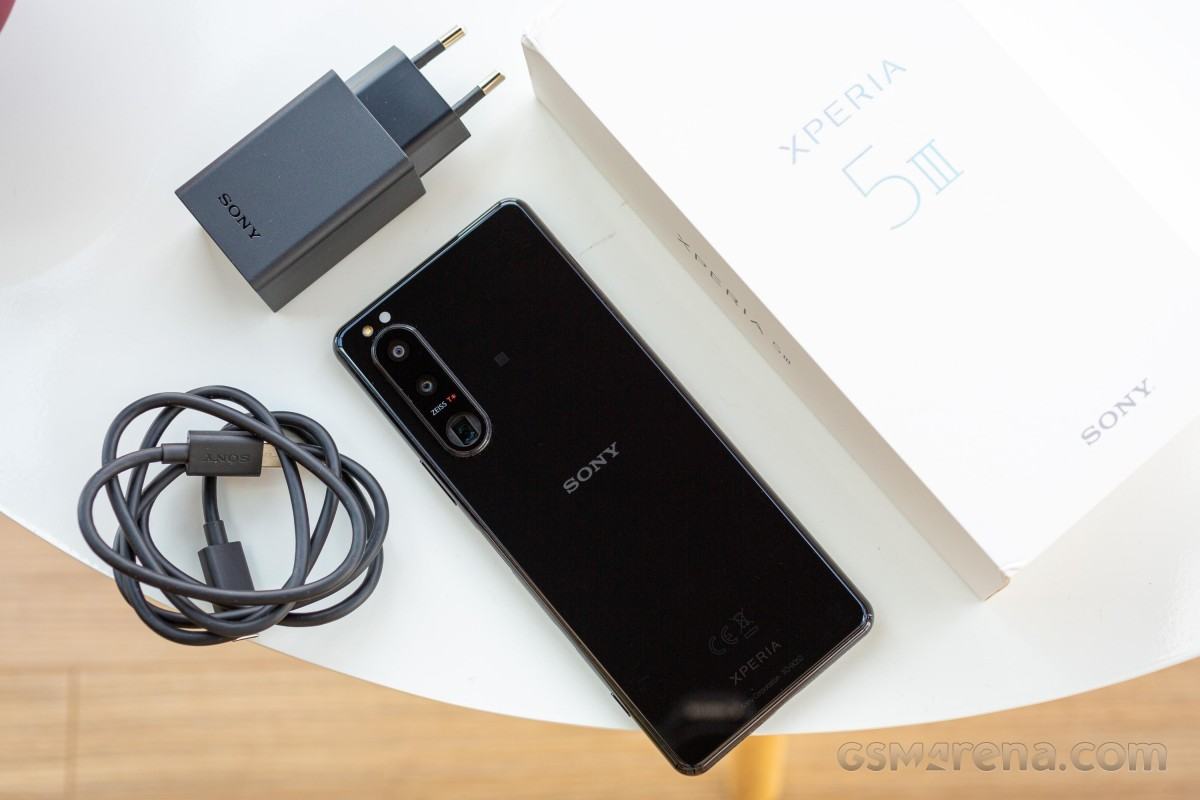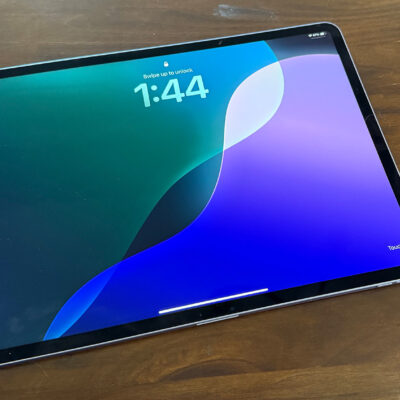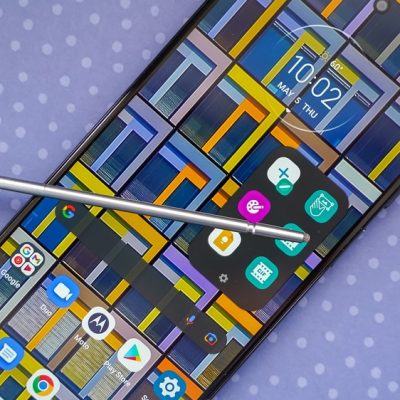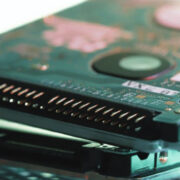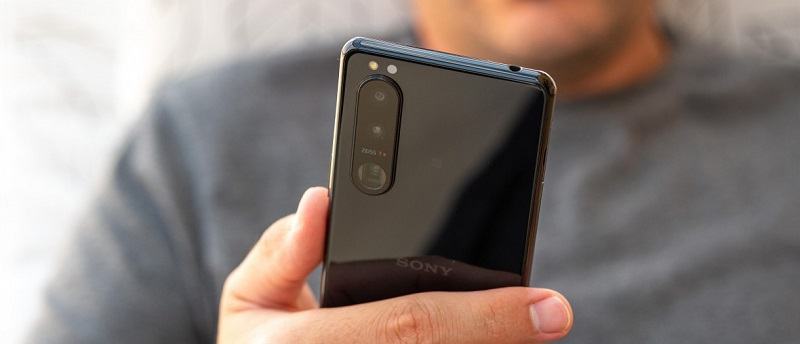
Announced way back in April, the Xperia 5 III is finally here with us, though you will need to wait several more weeks until you can score one yourself. Such is the reality of chips supply amidst a pandemic. While anticipating the small-ish Sony to hit the shelves, you’d be wise to sift through the following pages to get an idea of the things it does right and the ones that will need to wait for Mark 4 to address.
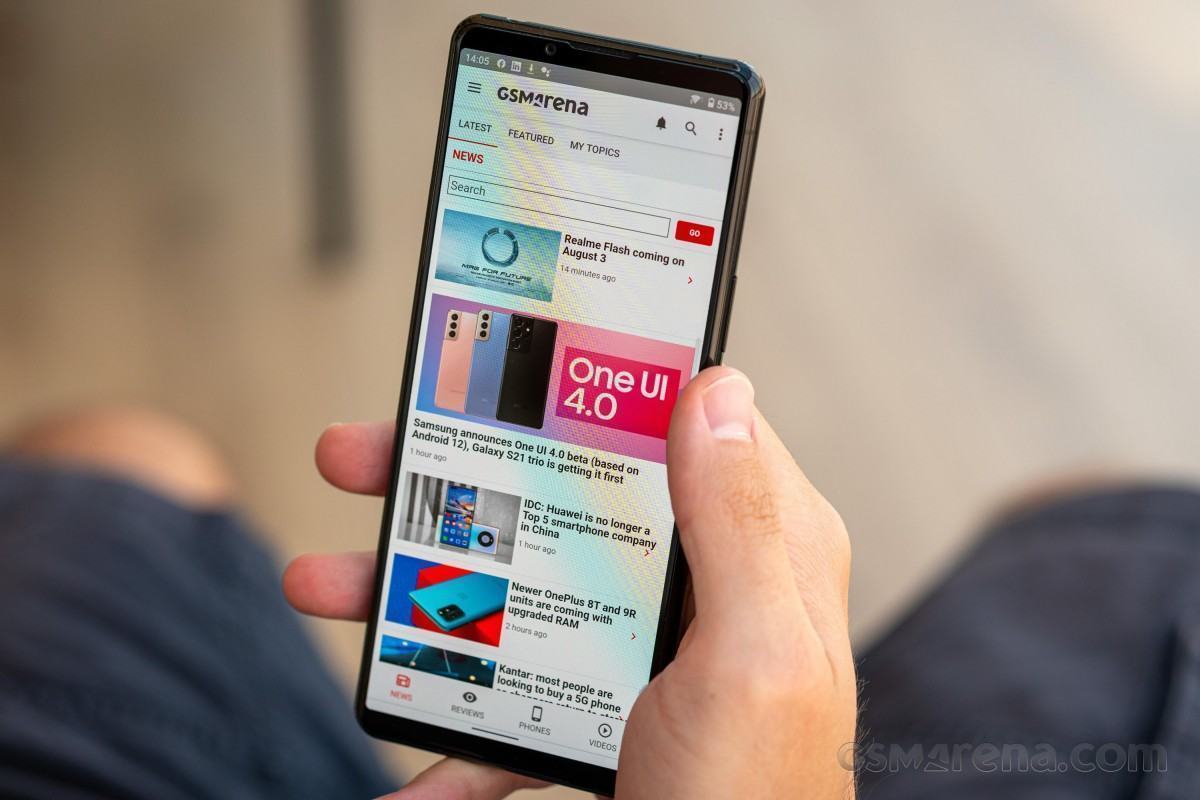
For the third year in a row, the smaller Xperia 5 model tries to keep up with the true flagship, the Xperia 1, in terms of hardware – not something you necessarily get from the other makers. Most prominently, the 5 Mark 3 gets the 1 Mark 3’s camera system, including the dual focal length telephoto – on a Galaxy or an iPhone it’s only the Ultra or the Max that get the ultimate cameras, the others make do with lesser bits. Sure, the ToF module didn’t make it on the 5 III, but that’s not a loss we’d be lamenting.
Most fields in the side-by-side specs comparison look the same too, so let’s go over the few differences beyond the obvious size and weight. For one, the Xperia 5 III uses Gorilla Glass 6 for the protection of the display, as opposed to the Victus on the 1 III. It’s also not a 4K resolution display – that remains an Xperia 1 exclusive, but the 1080p resolution is plenty for the 6.1-inch diagonal, and you get the 120Hz refresh rate and HDR support.
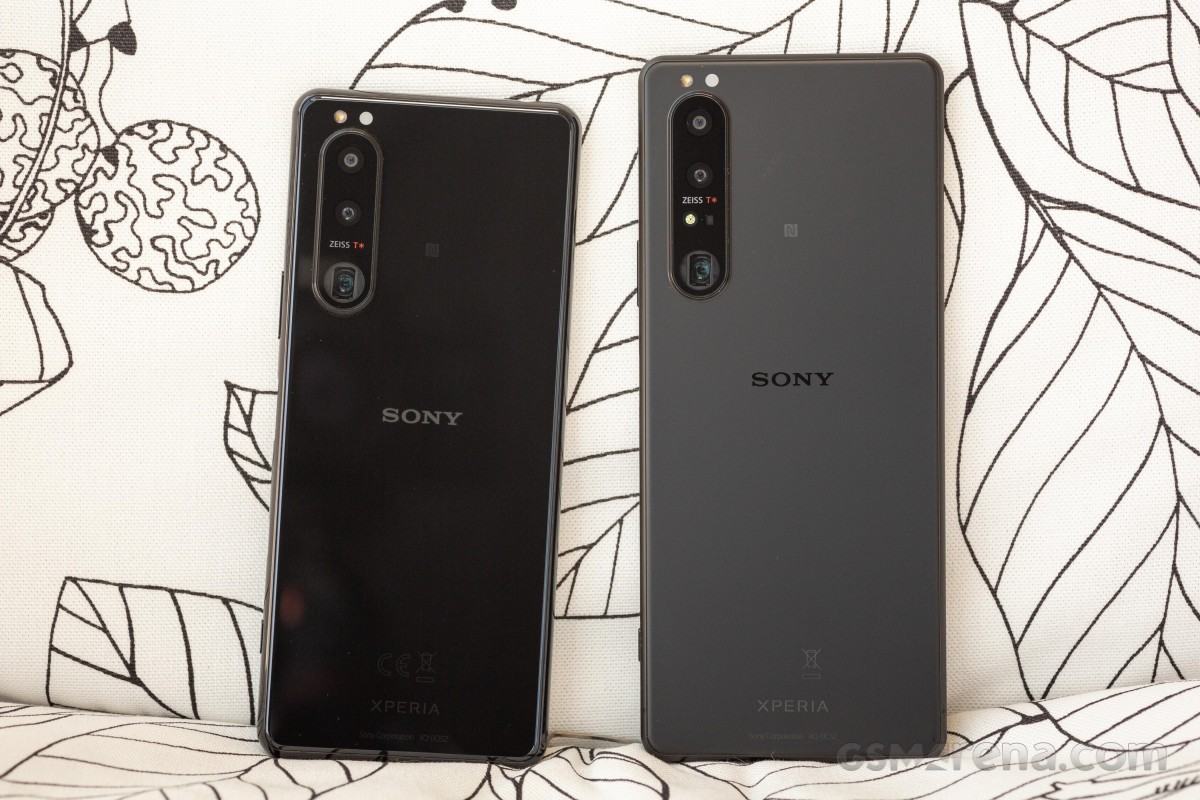
If you must have 12GB of RAM, you’ll need to look at the Xperia 1 III because the 5 III only comes with 8GB, and storage options are 128GB and 256GB (256GB and 512GB on the bigger model). And then comes the one principal difference that might bug some – there’s no wireless charging on the Xperia 5 III, while the 1 III does have that covered.
The rest of the specs are the same between the two sizes of high-end Xperias. That includes core components like the top-tier Snapdragon 888 chipset and secondary stuff like the stereo speakers, headphone jack, and microSD slot, plus the external monitor functionality. Somewhat unusually, the smaller phone even has the same battery capacity.
Sony Xperia 5 III specs at a glance:
Body: 157.0x68.0x8.2mm, 168g; Glass front (Gorilla Glass 6), glass back (Gorilla Glass 6), aluminum frame; IP65/IP68 dust/water resistant (up to 1.5m for 30 mins).
Display: 6.10" OLED, 1B colors, 120Hz, HDR BT.2020, 1080x2520px resolution, 21:9 aspect ratio, 449ppi.
Chipset: Qualcomm SM8350 Snapdragon 888 5G (5 nm): Octa-core (1x2.84 GHz Kryo 680 & 3x2.42 GHz Kryo 680 & 4x1.80 GHz Kryo 680); Adreno 660.
Memory: 128GB 8GB RAM, 256GB 8GB RAM; UFS 3.X; microSDXC (uses shared SIM slot).
OS/Software: Android 11.
Rear camera: Wide (main): 12 MP, f/1.7, 24mm, 1/1.7", 1.8µm, Dual Pixel PDAF, OIS; Ultra wide angle: 12 MP, f/2.2, 124˚, 16mm, 1/2.6", Dual Pixel PDAF; Telephoto: 12 MP, f/2.3, 70mm, f/2.8, 105mm, 1/2.9", Dual Pixel PDAF, 3x/4.4x optical zoom, OIS.
Front camera: 8 MP, f/2.0, 24mm (wide), 1/4", 1.12µm.
Video capture: Rear camera: 4K@24/25/30/60/120fps HDR, 1080p@30/60/120/240fps; 5-axis gyro-EIS, OIS; Front camera: 1080p@30fps, 5-axis gyro-EIS.
Battery: 4500mAh; Fast charging 30W, 50% in 30 min (advertised), USB Power Delivery.
Misc: Fingerprint reader (side-mounted); NFC; 3.5mm jack; Native Sony Alpha camera support. Sony Xperia 5 III unboxing
There are no surprises with the presentation – the Xperia 5 III arrives in the typical understated white box Sony’s been shipping for a few years. The contents aren’t extraordinary either – other than the phone, we received the 30-watt USB PowerDelivery adapter (XQZ-UC1 Sony calls it) and a USB-C cable to go with it. Just note that retail units may differ in terms of bundled accessories, and there could be a regional variation on top of that.
